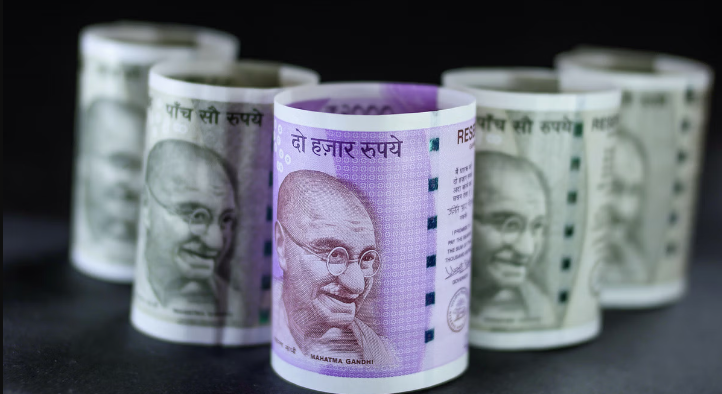
How much government intervention
- October 10, 2023
- 0
Over the past 10 years, various items such as perfumes, umbrellas, toys, imitation jewelry, solar equipment, mobile phones, and many others have drawn the attention of the Narendra Modi government’s ‘Make in India’ campaign.
Since 2016 multiple events have had different impacts or have affected the business environment in the country. These include demonetization, the implementation of the Goods and Services Tax (GST) the two versions of Faster Adoption and Manufacturing of Electric Vehicles in India (FAME-1 and FAME-2), production-linked incentive schemes, and the government’s inclusion of substantial subsidies for laptop and notebook imports and semiconductor manufacturing.
The main goal of Indian economic reform was to reduce the government’s role and interference in business and industry. Since 2018, India has been consistently increasing customs duties in every central budget, resulting in India being included in the list of the world’s most protectionist countries. India has left countries such as Sudan, Egypt, and Venezuela behind on the tariff front. Is the Indian industry happy?
The Indian Cellular Electronics Association (ICEA) complained in July 2023 that electronic products in India are subjected to the highest tariffs compared to competing countries. It actively campaigned for tariff reductions to strengthen India’s position relative to other countries.
India is struggling to negotiate beneficial free trade agreements (FTAs) with countries and groups like the United States, the European Union, and ASEAN. India is only looking for those deals where it can benefit the most. However, to successfully negotiate business-friendly agreements, India also has to give something from its side.
After consistently reducing tariffs for three decades, it is surprising that the government still thinks its industries need protection. India used to impose tariffs of up to 150% on non-agricultural products in 1991-92, which had reduced to 10% by 2007-08.
The government’s perspective is that its focus should be on the fiscal policy to promote its goal. Such a policy is perhaps not unreasonable, as all major countries are providing some form of financial incentives to promote this goal.

































































